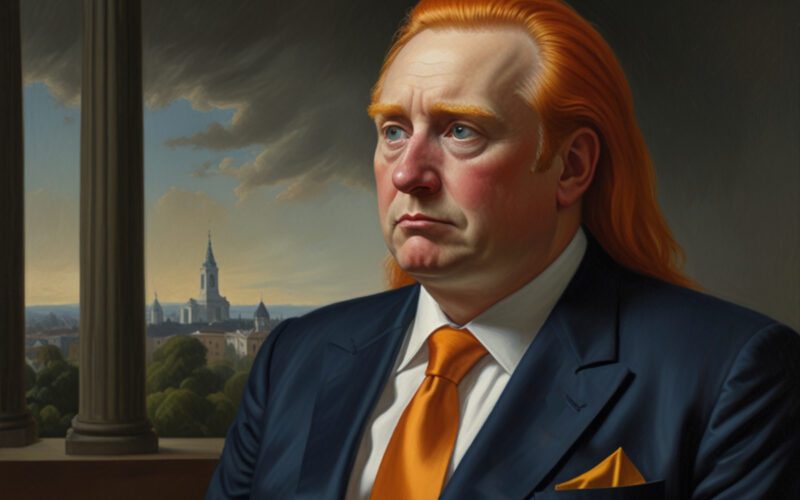Conservatism in America has traditionally championed principles such as limited government, individual liberties, free-market capitalism, and a strong national defense. However, the ascension of Donald Trump within the Republican Party has highlighted a shift toward a more populist, and often divisive, brand of conservatism leaning towards abandoning American Democracy. This shift is characterized by an intense focus on issues such as immigration, trade protectionism, and a robust critique of the so-called “deep state” as a guise to undermine our institutions.
Donald Trump’s appeal to many conservatives stems from his self-styled image as a political outsider and a defender of the common American against the elite establishment. His rhetoric often positions him as a “man of the people”, despite his billionaire status and business empire. Trump’s promises to “drain the swamp” in Washington and return power to the people resonated deeply with many voters who felt disenfranchised by traditional politicians.
Trump’s presidency and post-presidency have been marred by numerous legal issues, ranging from allegations of obstruction of justice to convictions on financial improprieties and incitement of insurrection following the January 6 Capitol riots. His recent convictions have only added to this extensive list of legal troubles. Despite these serious allegations and convictions, Trump’s popularity within a significant portion of the conservative base remains undiminished. He is supported by the “republican party” and the majority of the Supreme Court, who in turn have ethical questions looming over them.
The continued support for Trump among conservatives, despite his legal woes, raises critical questions about the core values of the modern conservative movement. Traditionally, conservatism has emphasized the rule of law and moral integrity. Yet, Trump’s ability to maintain his influence suggests a potential shift away from these core values to one of grift and deception. For many of his supporters, his legal troubles are either dismissed as politically motivated attacks despite evidence or viewed as secondary to his perceived achievements and promises.
A significant aspect of Trump’s conservative support is rooted in his stance on cultural and societal issues. Many conservatives believe that America’s traditional values and identity are under threat from progressive policies and social changes. Trump’s aggressive intolerance on issues such as immigration, religious freedom, and law and order is seen by his supporters as a necessary defense against these perceived threats. In this context, the drive to “legislate the differences away” reflects a desire to preserve a particular vision of American identity and values by abandoning their identity and values.
Supporting a convicted felon as a potential future leader is undoubtedly a gamble. It’s already undermined and called into question their dedication to the conservative principles of law and order and could potentially alienate moderate voters. However, for many Trump supporters, this gamble is seen as necessary to achieve broader ideological goals. Pitting American’s against each other while he plays the Red Queen. The belief is that Trump, despite his flaws, represents the best chance to push back against progressive changes and restore what they perceive as a traditional vision of America by abandoning their family values and American democracy.
The conservative bet on convicted felon is a complex and multifaceted phenomenon. It reflects deep-seated anxieties about cultural and societal changes they cannot effect with their policies of cruelty. Conservatives also have a profound distrust of the political establishment, and in the maga era, have abandoned governing for the bidding of a two bit con man. As the 2024 election approaches, the conservative movement’s embrace of Trump will continue to shape American politics. Whether this gamble will ultimately pay off or lead to further division remains to be seen. One thing is clear: Donald Trump’s perversion of American conservatism is profound and will be enduring.
Image by AWF

